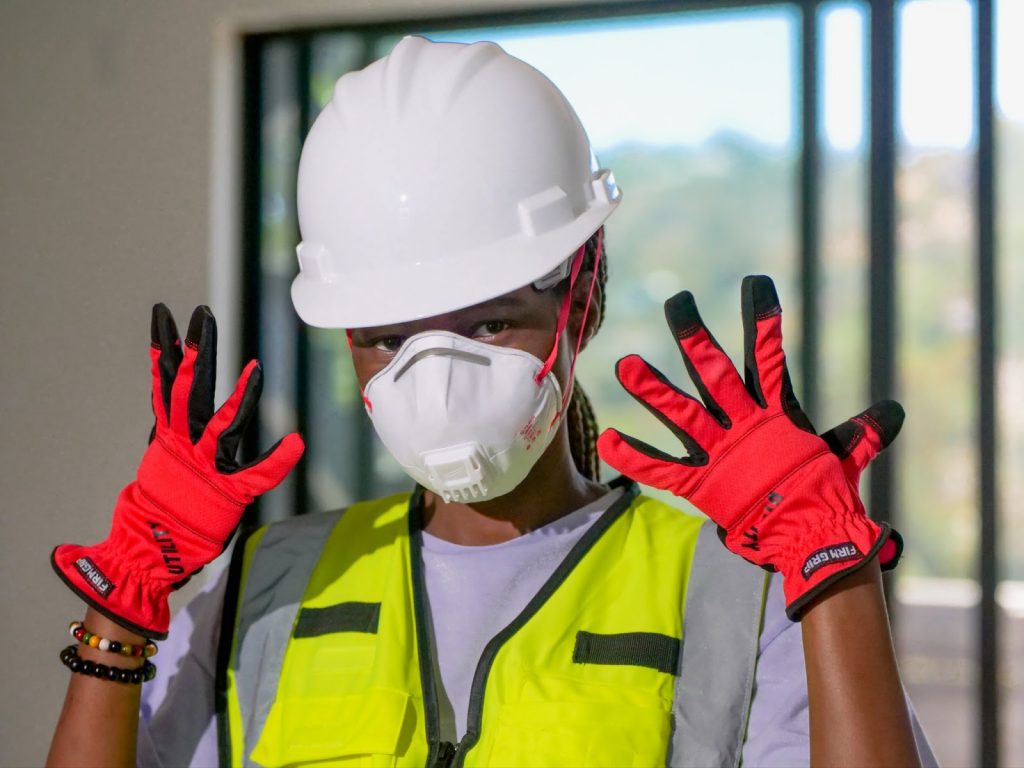
5 Safety Must-Haves All Businesses Should Consider
Table of Contents
ToggleSharing is caring!
Reading Time: 2 minutesNo matter what type of business you own, safety should always be a top priority. After all, a safe workplace is a productive workplace. Not to mention, a safe workplace is also a legal workplace. Therefore, in order to protect your employees, customers, and business as a whole, there are some basic safety must-haves that all businesses should have in place.

A Written Safety Policy
A written safety policy is the first step in creating a safe workplace. This document should outline your company's commitment to safety and your expectations for employee behaviour. Be sure to include information on reporting hazards and injuries and the procedures that should be followed in the event of an accident or injury. When implementing a new safety policy, you should remember that it needs to be reviewed and updated regularly.
Adequate Training
Once you have a written safety policy in place, it's important to ensure that all employees are properly trained on its contents. Employees should be able to identify potential hazards in their work area and know how to report them. They should also be familiar with the procedures that will be followed in the event of an accident or injury. Furthermore, it's important to provide regular refresher courses on risk and safety assessments so that employees remain up-to-date on best practices.
Personal Protective Equipment
Personal protective equipment (PPE) is essential for any business that has employees working with hazardous materials or in dangerous conditions. PPE includes items such as hard hats, gloves, respirators, and safety glasses. Employees should be properly trained on how to use PPE before being allowed to work with hazardous materials or in dangerous conditions. For some items, such as papr (powered air-purifying respirator) you can be fit tested before wearing and take instructor-led training in its use, to further ensure your safety whilst working. Providing your employees with PPE will ensure that they are protected from potential injury and that your business is in compliance with safety regulations. Strict safety regulations are implemented for a reason, and it's important to follow them.
A Safe Work Environment
Creating a safe work environment involves more than just providing PPE and training employees on safety procedures. It also means regularly assessing the physical layout of your workspace and making necessary changes to eliminate potential hazards. This could include installing guard rails, repairing damaged equipment, or even investing in safety flooring. For example, safety flooring from Commercial Flooring Contracts is perfect for commercial kitchens, as it helps prevent slips and falls.
Regular Inspections
Regular inspections are essential for maintaining a safe workplace. These inspections should be conducted by qualified personnel and should focus on identifying potential hazards. Once potential hazards have been identified, corrective action should be taken to eliminate them. Furthermore, regular inspections can help identify trends so that preventive measures can be put in place before accidents or injuries occur.
Final Thoughts
Implementing these safety must-haves in your business can go a long way in protecting your employees, customers, and business. When it comes to safety, it's always better to be proactive rather than reactive. Investing in the necessary equipment and training now can prevent accidents and costly legal issues down the road.
Most Popular Posts:
Sharing is caring!
PLEASE COMMENT BELOW